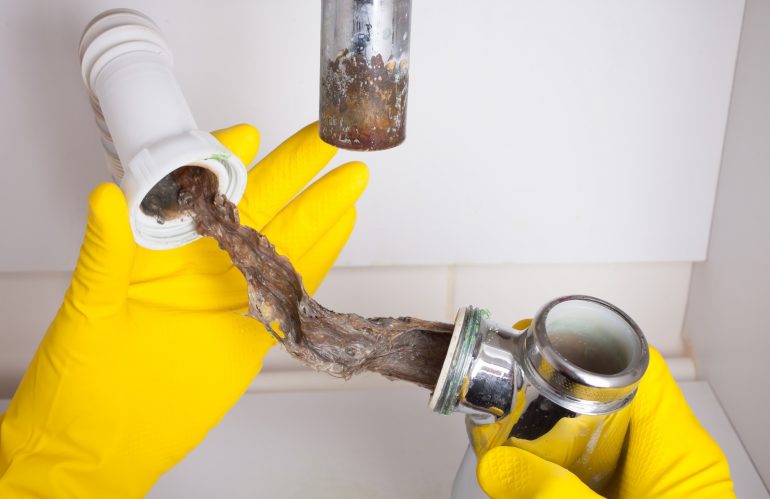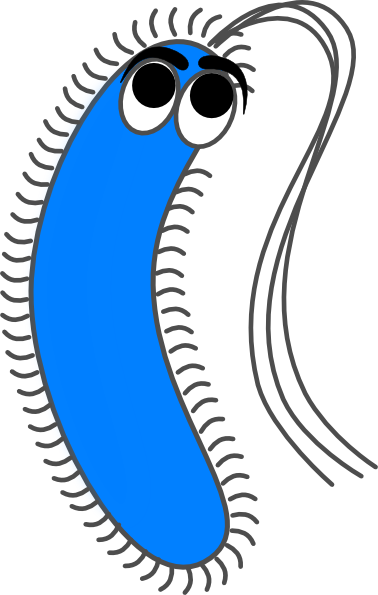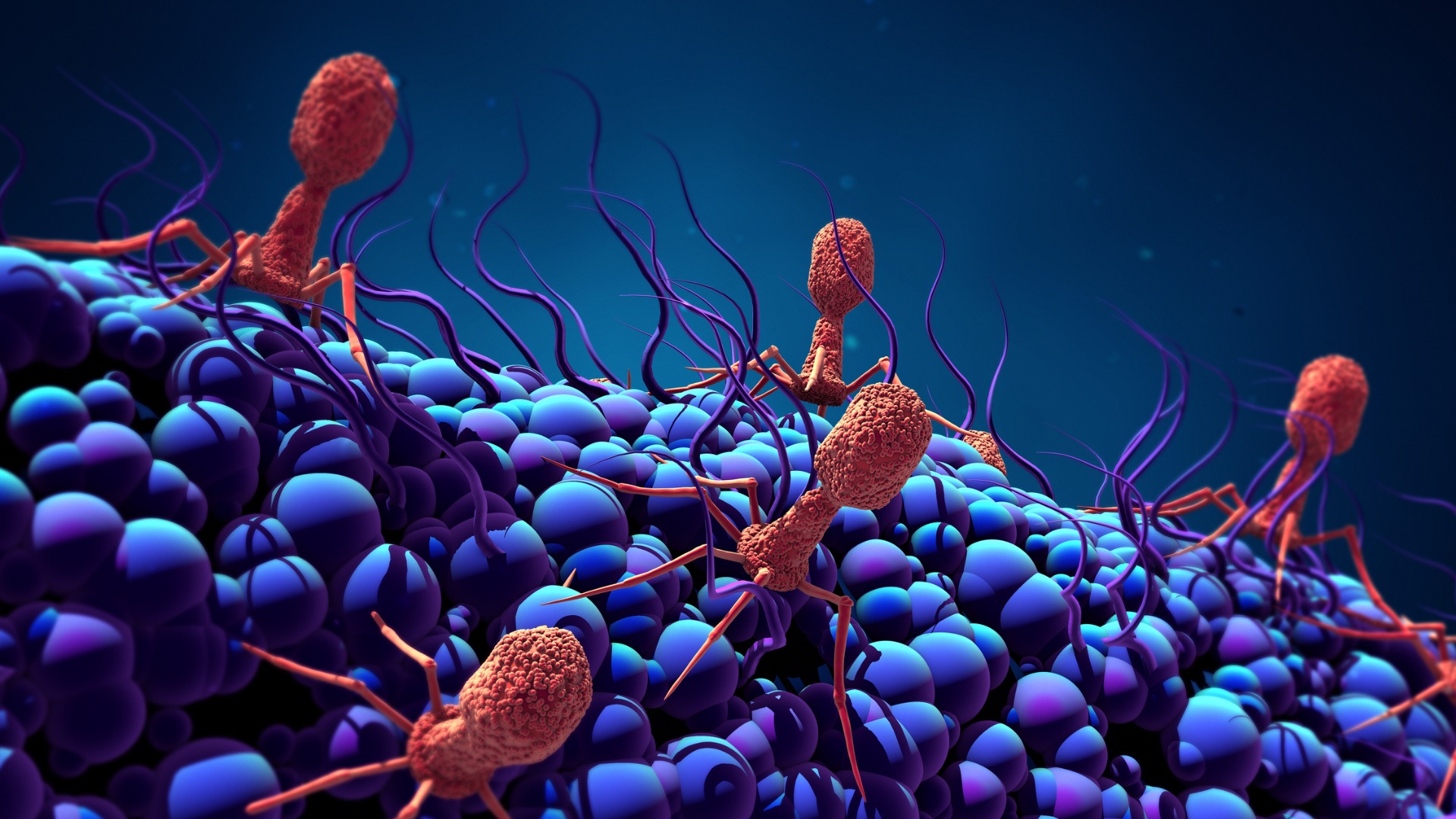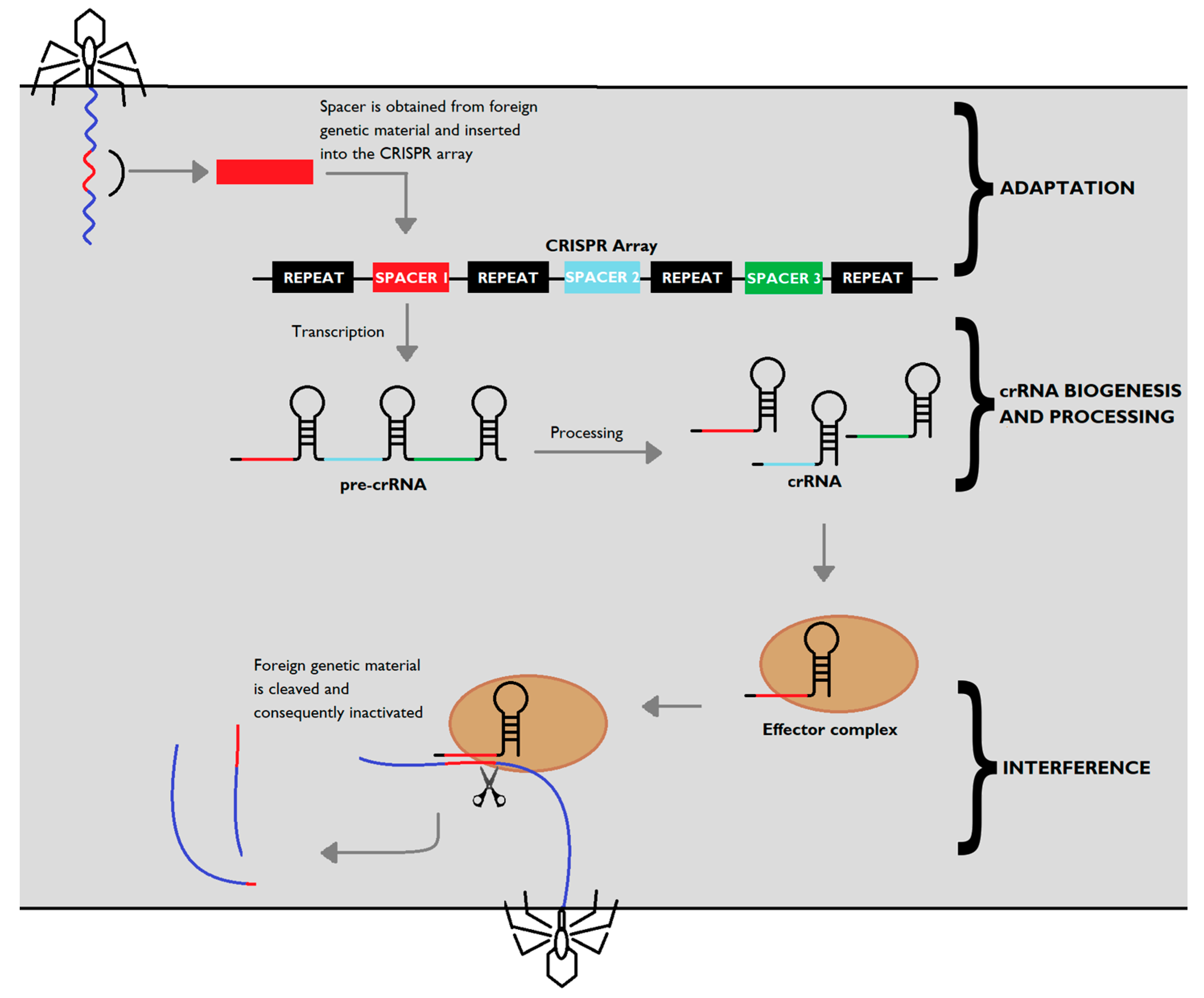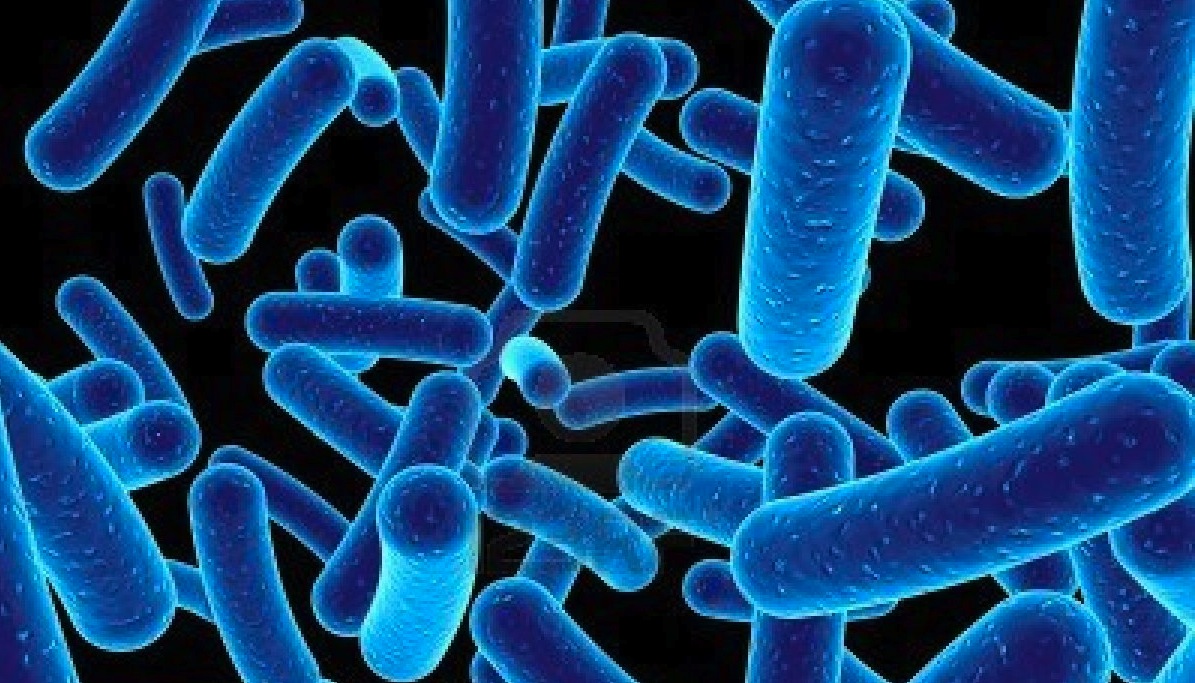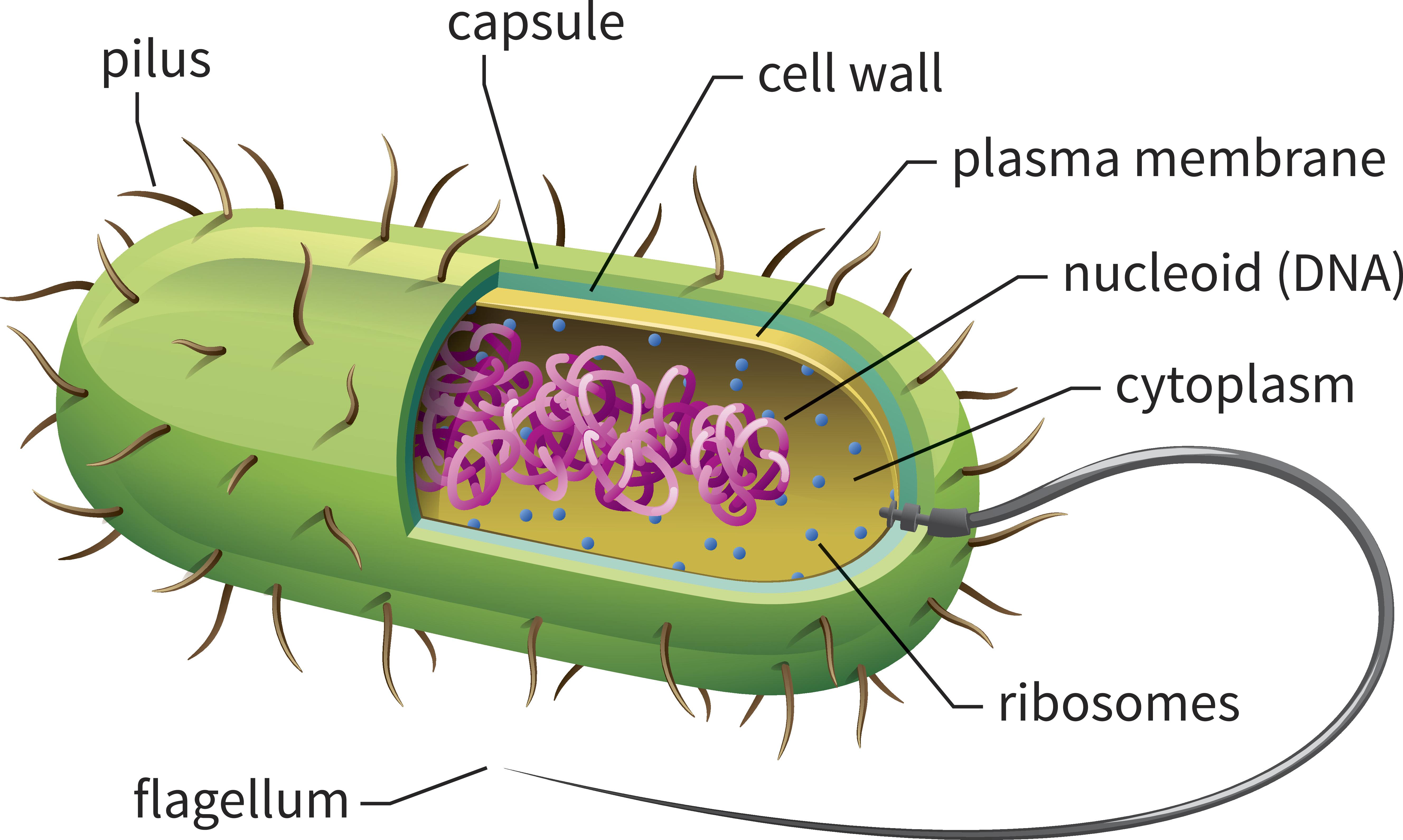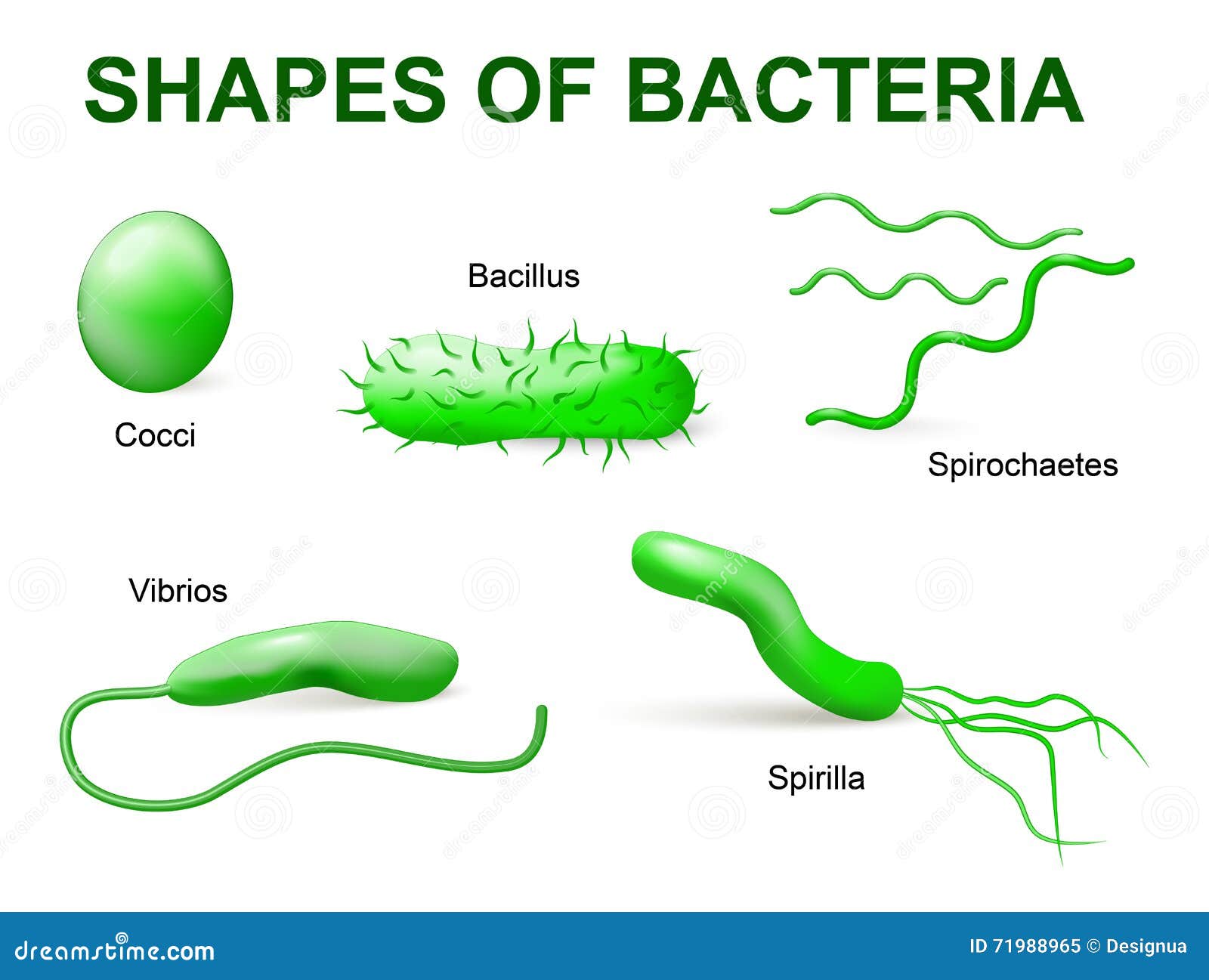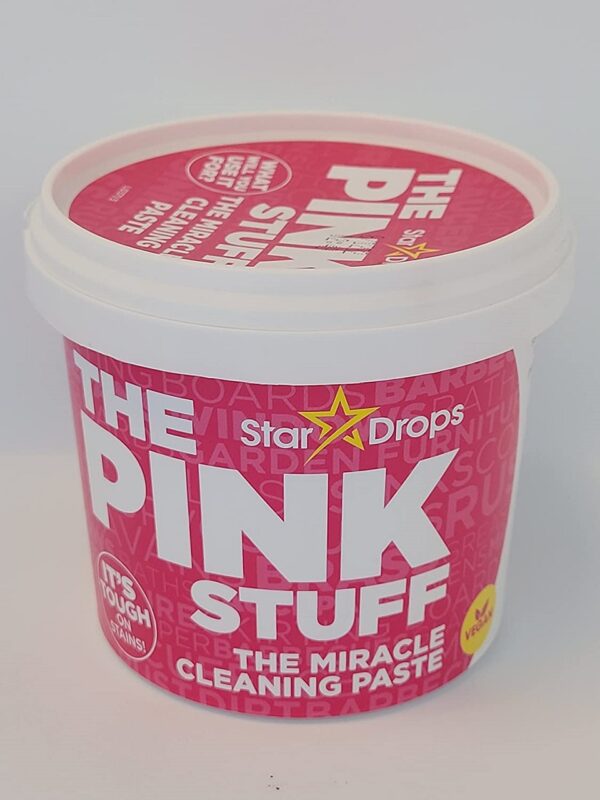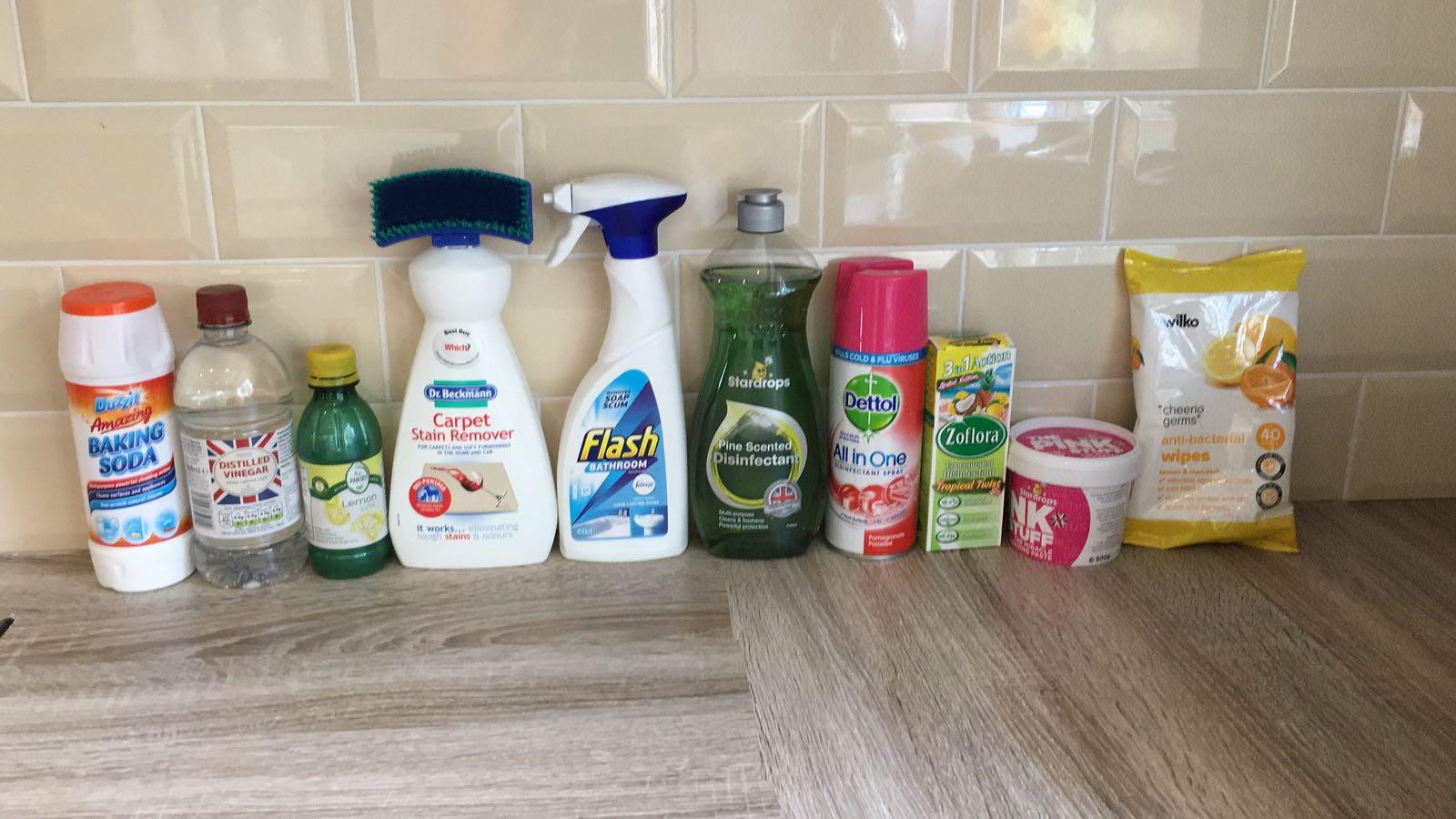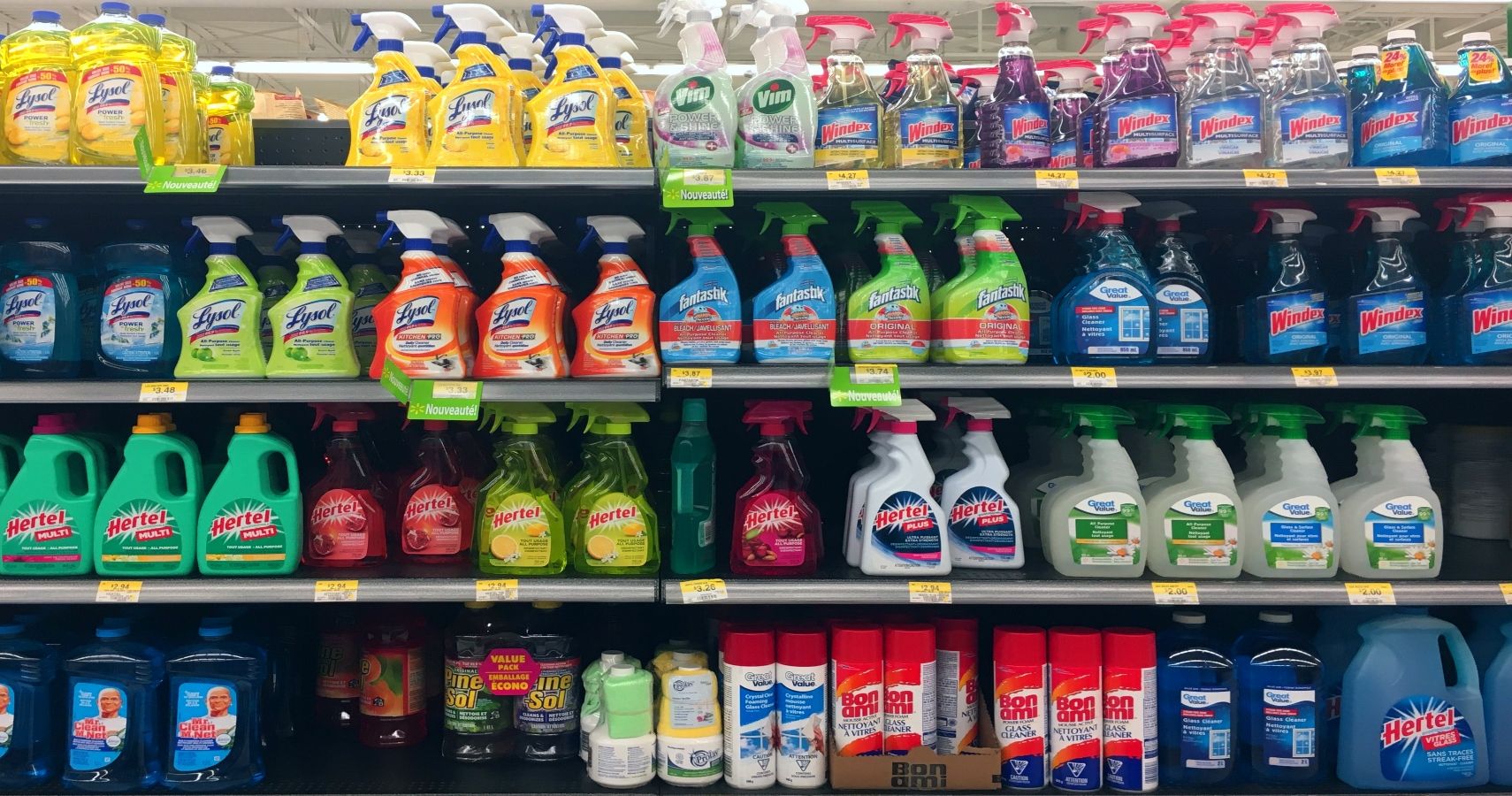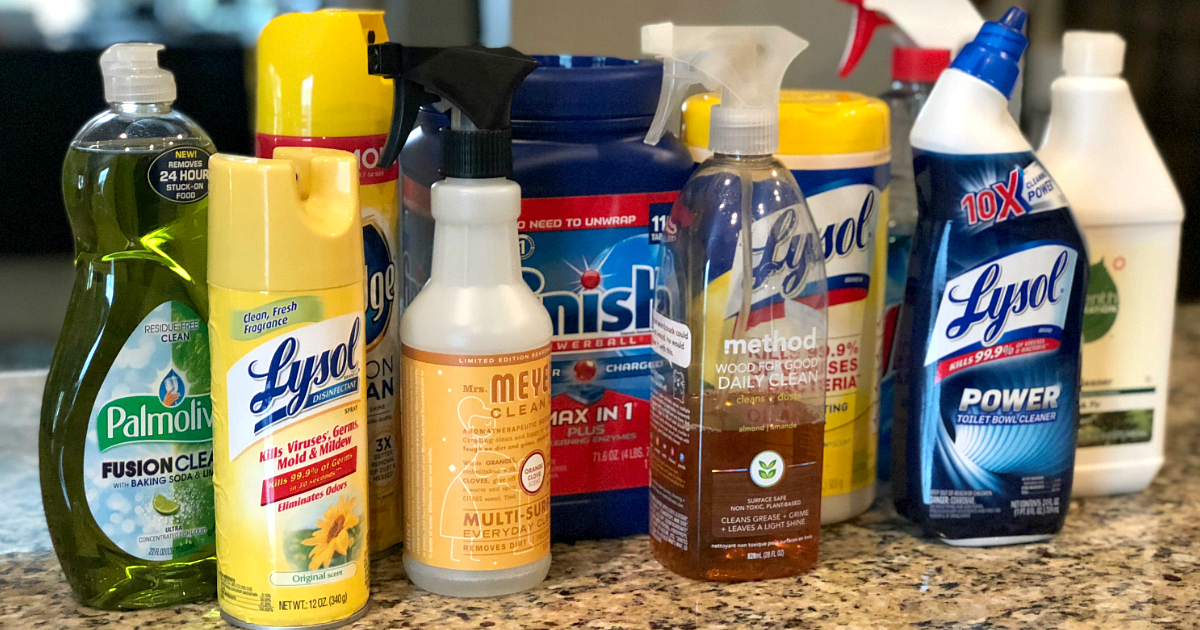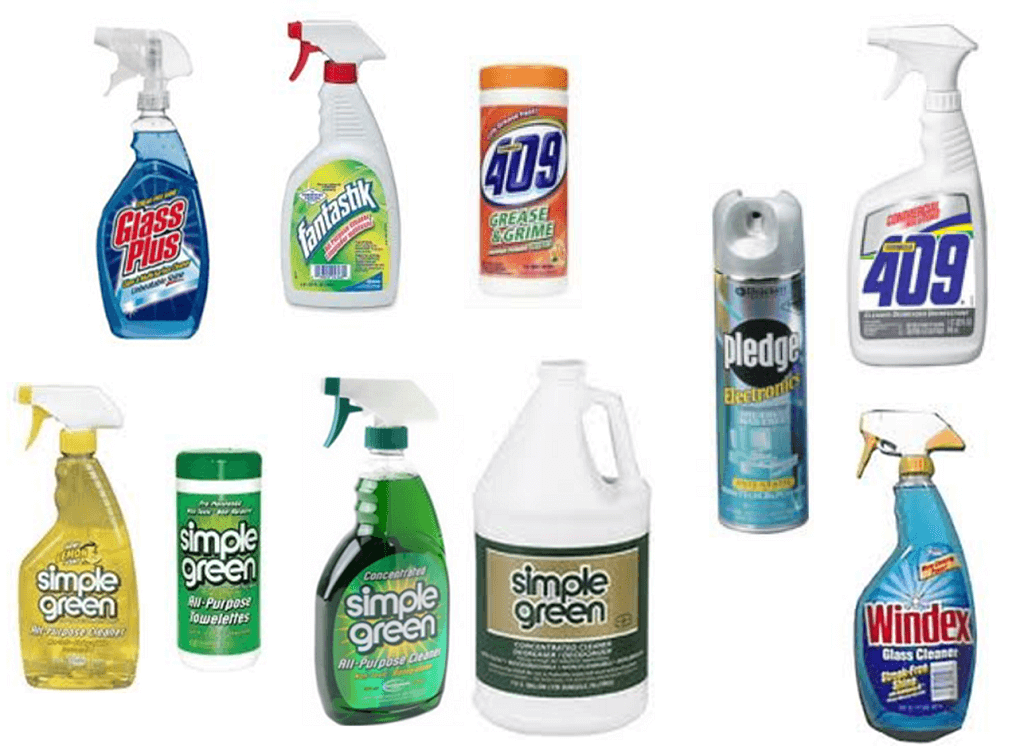One of the most unpleasant and persistent household odors is the smell of mold coming from the kitchen sink drain. This musty, foul odor can quickly fill your entire kitchen and even spread to other parts of your home. Not only is it unpleasant, but it can also be a sign of a deeper issue with your plumbing system. Let's take a closer look at what causes this mold smell and how you can get rid of it.1. The Pervasive Problem of Mold Smell Coming from Kitchen Sink Drain
Believe it or not, your kitchen sink is the source of the mold smell in your kitchen. This is because food particles, grease, and other debris often get trapped in the drain and create the perfect environment for mold and bacteria to grow. The warm, damp environment of your sink is a breeding ground for these microorganisms, which can cause not only unpleasant odors but also potential health hazards.2. The Culprit: Your Kitchen Sink
The drain of your kitchen sink is responsible for carrying away all the food scraps and debris as you wash dishes, but it can also become clogged with these particles. When the drain becomes clogged, it can slow down the water flow and create stagnant areas where mold and bacteria can thrive. This leads to the musty odor that you may be experiencing.3. The Role of Your Drain
The mold smell coming from your kitchen sink is often described as musty because it is caused by the growth of mold and mildew. Mold releases a musty, earthy odor as it breaks down organic matter, and it can quickly spread throughout your kitchen and home. This smell can also be accompanied by a foul odor, which is caused by bacteria feeding on the decaying food particles in your sink drain.4. The Musty Odor of Mold
Aside from being unpleasant, the mold smell coming from your kitchen sink can also be a sign of potential health hazards. Mold and bacteria can cause respiratory issues, allergies, and even infections if left unchecked. Additionally, the clogged drain can lead to water backup and potential plumbing problems, costing you time and money in repairs.5. The Importance of Addressing the Issue
The first step in getting rid of the mold smell in your kitchen sink is to clean and disinfect it thoroughly. Start by removing any visible food debris and using a plunger to loosen any clogs in the drain. Then, pour a mixture of hot water and baking soda down the drain to help dissolve any remaining grease and grime. Follow this with a mixture of hot water and white vinegar, which will help kill any mold and bacteria. Let it sit for a few minutes before flushing it out with hot water.6. Tackling the Issue: Removing the Mold Smell
If the mold smell persists even after cleaning, it may be a sign of a clogged drain. In this case, you may need to use a drain snake or call a professional plumber to clear the blockage. Regularly using a drain cleaner can also help prevent clogs and keep your drain smelling fresh.7. Dealing with a Clogged Drain
In addition to mold, bacteria can also contribute to the unpleasant smell coming from your kitchen sink. To combat this, consider using a disinfectant specifically designed for sinks and drains. This will help kill any bacteria and prevent them from growing and causing more odors in the future.8. The Role of Bacteria in the Mold Smell
The best way to avoid dealing with a mold smell in your kitchen sink is prevention. Be mindful of what you put down your drain and regularly clean and disinfect it to prevent any buildup of organic matter. You can also use a mesh drain cover to catch food particles and prevent them from going down the drain.9. Prevention is Key
When dealing with mold and bacteria, it's crucial to use natural cleaning products that won't harm your health or the environment. Chemical drain cleaners can be harsh and cause more harm than good. Instead, opt for natural alternatives like lemon juice, salt, and essential oils, which have antimicrobial properties and can help keep your sink smelling fresh without any harmful side effects.10. The Importance of Using Natural Cleaning Products
How to Get Rid of Mold Smell Coming from Your Kitchen Sink Drain
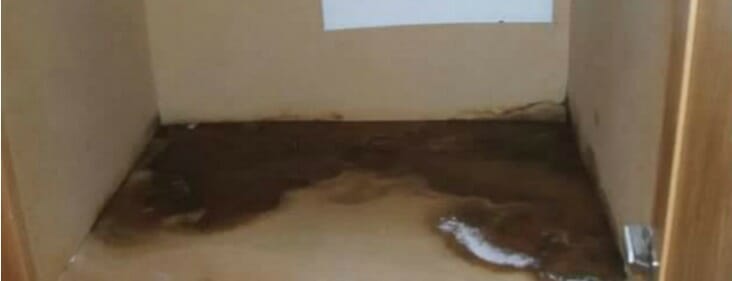
Understanding the Issue
 If you've noticed a musty, unpleasant odor coming from your kitchen sink drain, chances are you have a mold problem. Mold thrives in dark, damp environments, making your kitchen sink drain the perfect breeding ground. Not only is this smell unpleasant, but it can also be harmful to your health. Mold exposure has been linked to respiratory issues, allergies, and even neurological problems. So it's important to address the issue as soon as possible.
If you've noticed a musty, unpleasant odor coming from your kitchen sink drain, chances are you have a mold problem. Mold thrives in dark, damp environments, making your kitchen sink drain the perfect breeding ground. Not only is this smell unpleasant, but it can also be harmful to your health. Mold exposure has been linked to respiratory issues, allergies, and even neurological problems. So it's important to address the issue as soon as possible.
Identifying the Source
 Before you can effectively get rid of the mold smell, you need to identify the source. In most cases, the smell is coming from the buildup of food particles, grease, and other organic matter in your drain. This creates a perfect environment for mold to grow. It's important to note that this issue can also occur in other drains and pipes throughout your house, not just your kitchen sink.
Before you can effectively get rid of the mold smell, you need to identify the source. In most cases, the smell is coming from the buildup of food particles, grease, and other organic matter in your drain. This creates a perfect environment for mold to grow. It's important to note that this issue can also occur in other drains and pipes throughout your house, not just your kitchen sink.
Removing the Mold
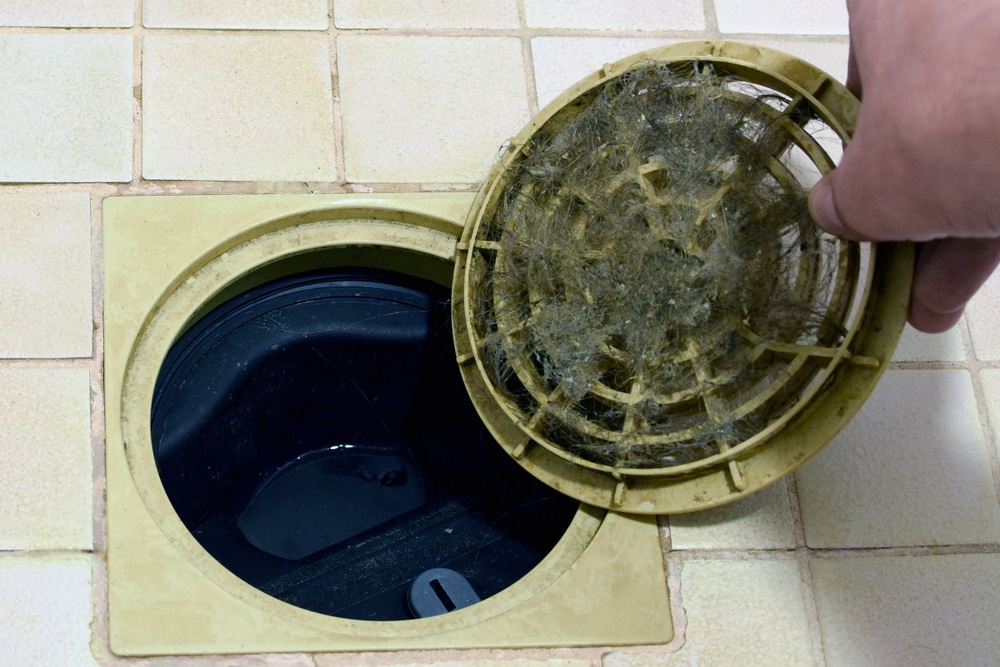 To get rid of the mold and its accompanying smell, you'll need to thoroughly clean your drain. Start by pouring a pot of boiling water down the drain to loosen and flush out any debris. Next, use a mixture of equal parts
baking soda
and
white vinegar
to create a natural cleaning solution. Pour this down the drain and let it sit for about 15 minutes before flushing it with hot water. You can also use a
plunger
to help dislodge any stubborn buildup.
To get rid of the mold and its accompanying smell, you'll need to thoroughly clean your drain. Start by pouring a pot of boiling water down the drain to loosen and flush out any debris. Next, use a mixture of equal parts
baking soda
and
white vinegar
to create a natural cleaning solution. Pour this down the drain and let it sit for about 15 minutes before flushing it with hot water. You can also use a
plunger
to help dislodge any stubborn buildup.
Preventing Future Mold Growth
 To prevent mold from growing in your kitchen sink drain, it's important to keep it clean and dry. Make sure to regularly clean your drain with the baking soda and vinegar solution, and avoid pouring grease or food scraps down the drain. You can also use a
drain cover
to catch any large debris before it goes down the drain.
To prevent mold from growing in your kitchen sink drain, it's important to keep it clean and dry. Make sure to regularly clean your drain with the baking soda and vinegar solution, and avoid pouring grease or food scraps down the drain. You can also use a
drain cover
to catch any large debris before it goes down the drain.
Seeking Professional Help
 If the mold smell persists or if you notice any signs of mold growth in other areas of your home, it may be time to seek professional help. A
mold remediation specialist
can assess the extent of the issue and provide a thorough cleaning and treatment plan to get rid of the mold for good.
In conclusion, a mold smell coming from your kitchen sink drain is not only unpleasant, but it can also be a sign of a larger mold problem in your home. By following these steps and staying on top of regular drain maintenance, you can effectively get rid of the mold and prevent it from coming back. Remember, when it comes to mold, prevention is key.
If the mold smell persists or if you notice any signs of mold growth in other areas of your home, it may be time to seek professional help. A
mold remediation specialist
can assess the extent of the issue and provide a thorough cleaning and treatment plan to get rid of the mold for good.
In conclusion, a mold smell coming from your kitchen sink drain is not only unpleasant, but it can also be a sign of a larger mold problem in your home. By following these steps and staying on top of regular drain maintenance, you can effectively get rid of the mold and prevent it from coming back. Remember, when it comes to mold, prevention is key.

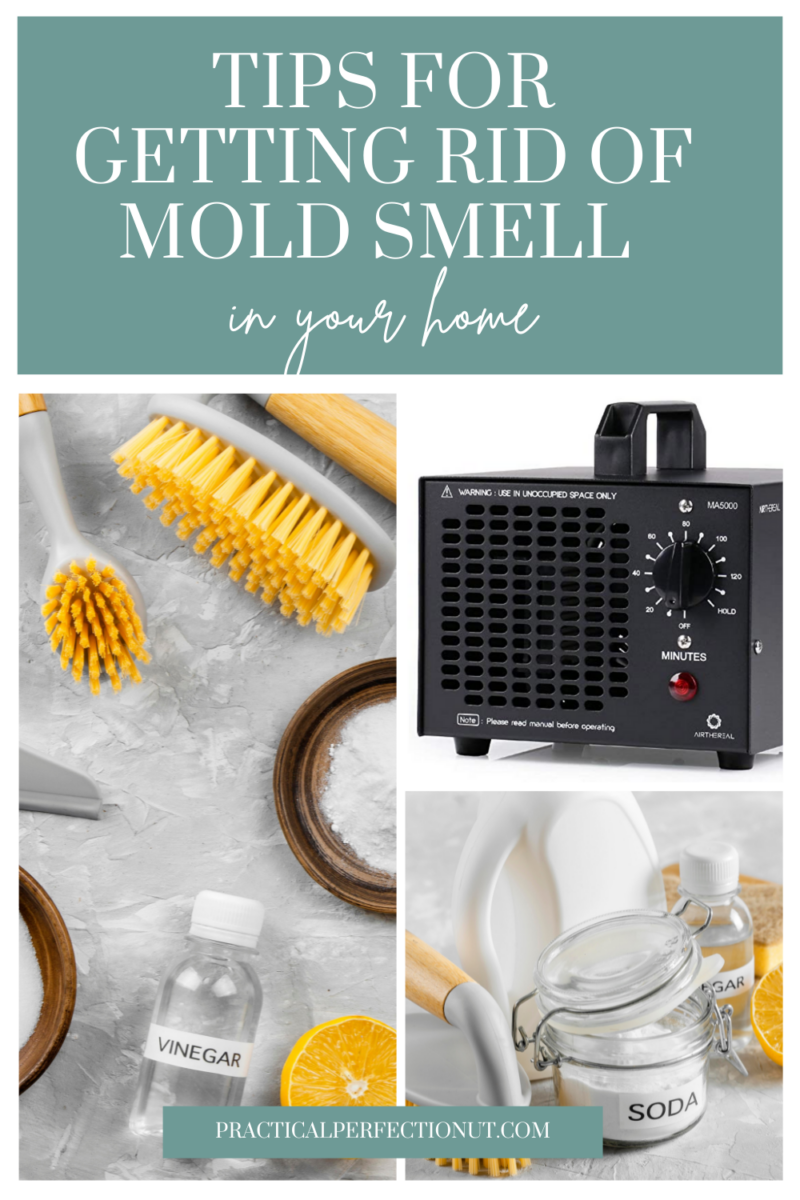







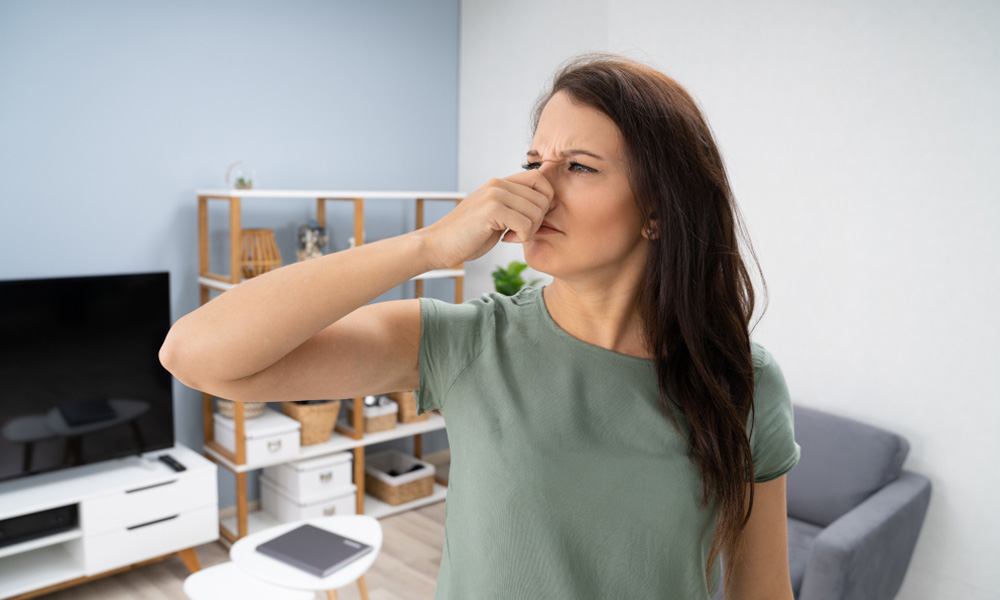






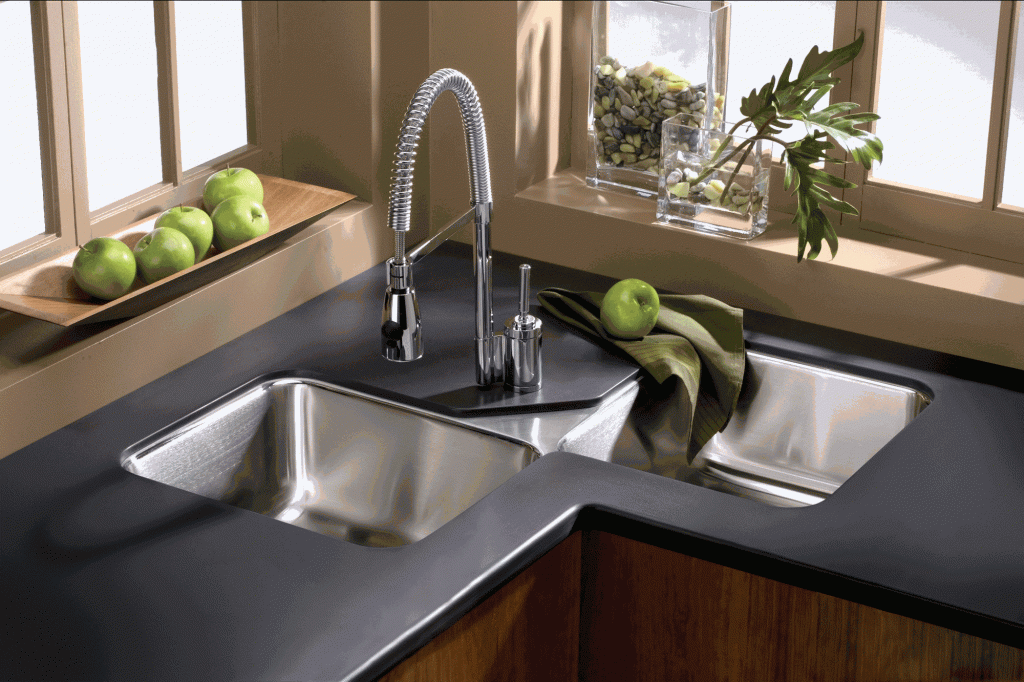

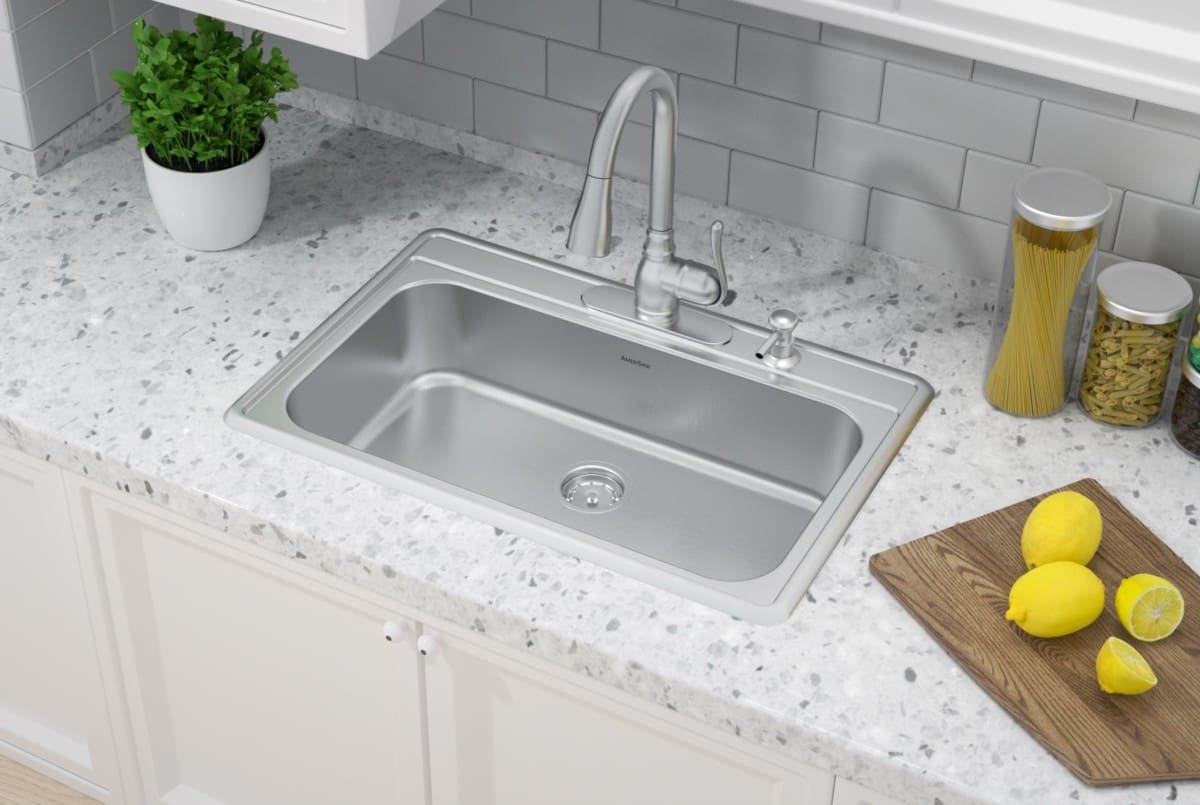
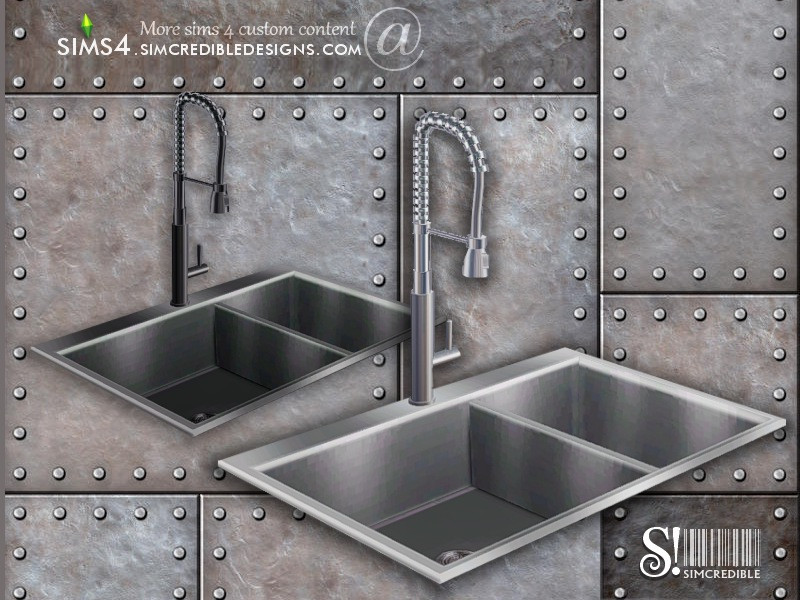

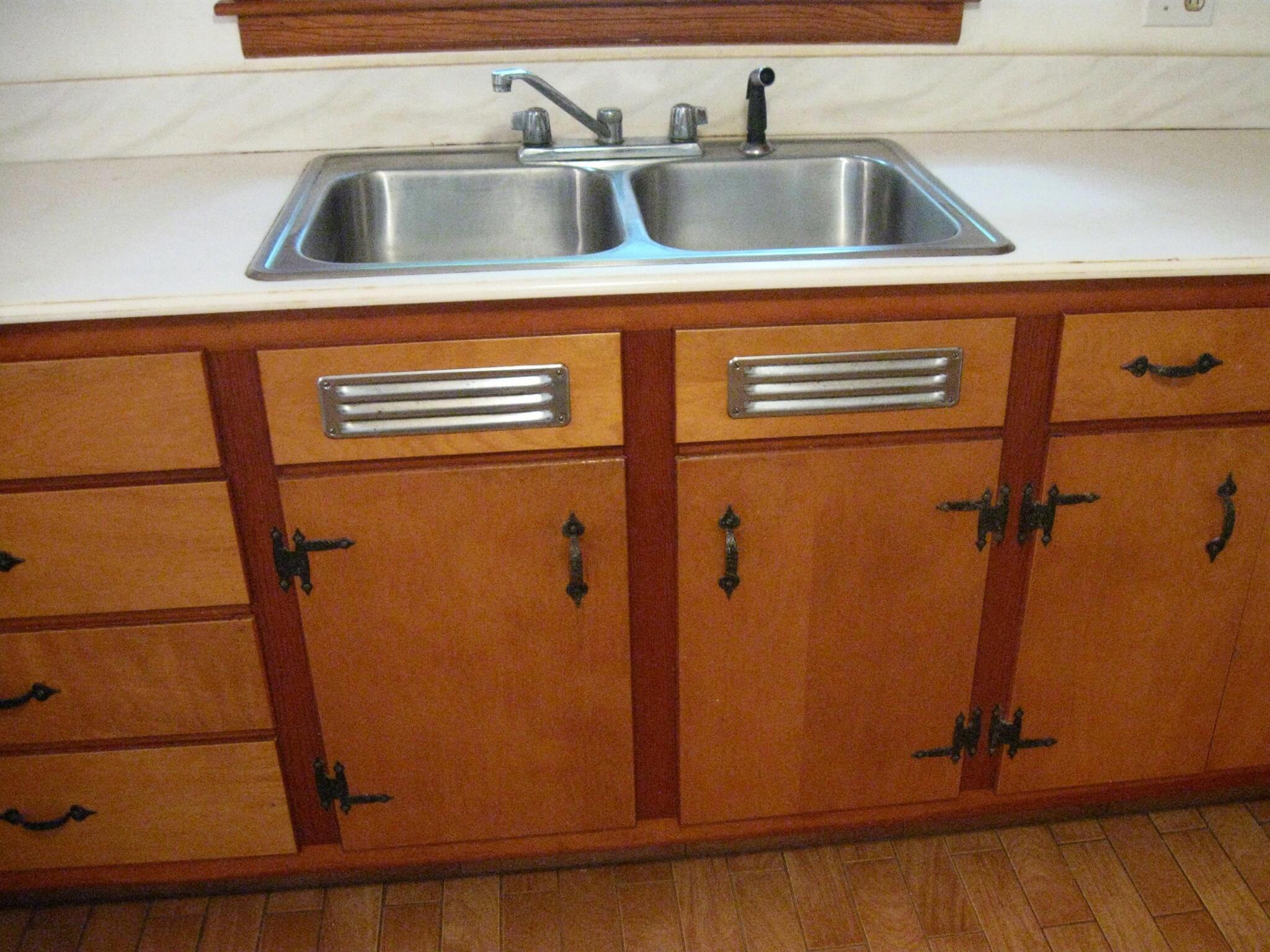

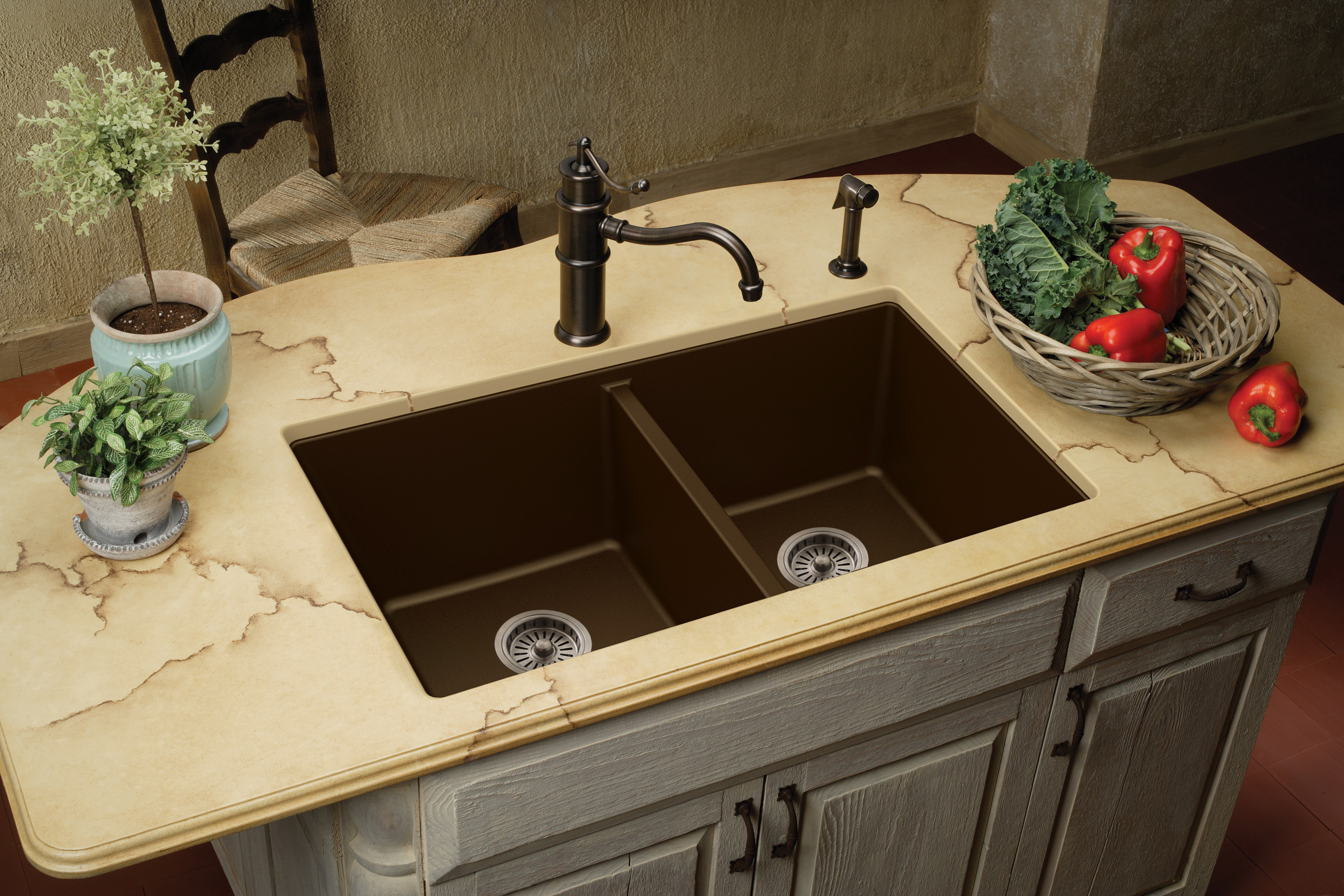


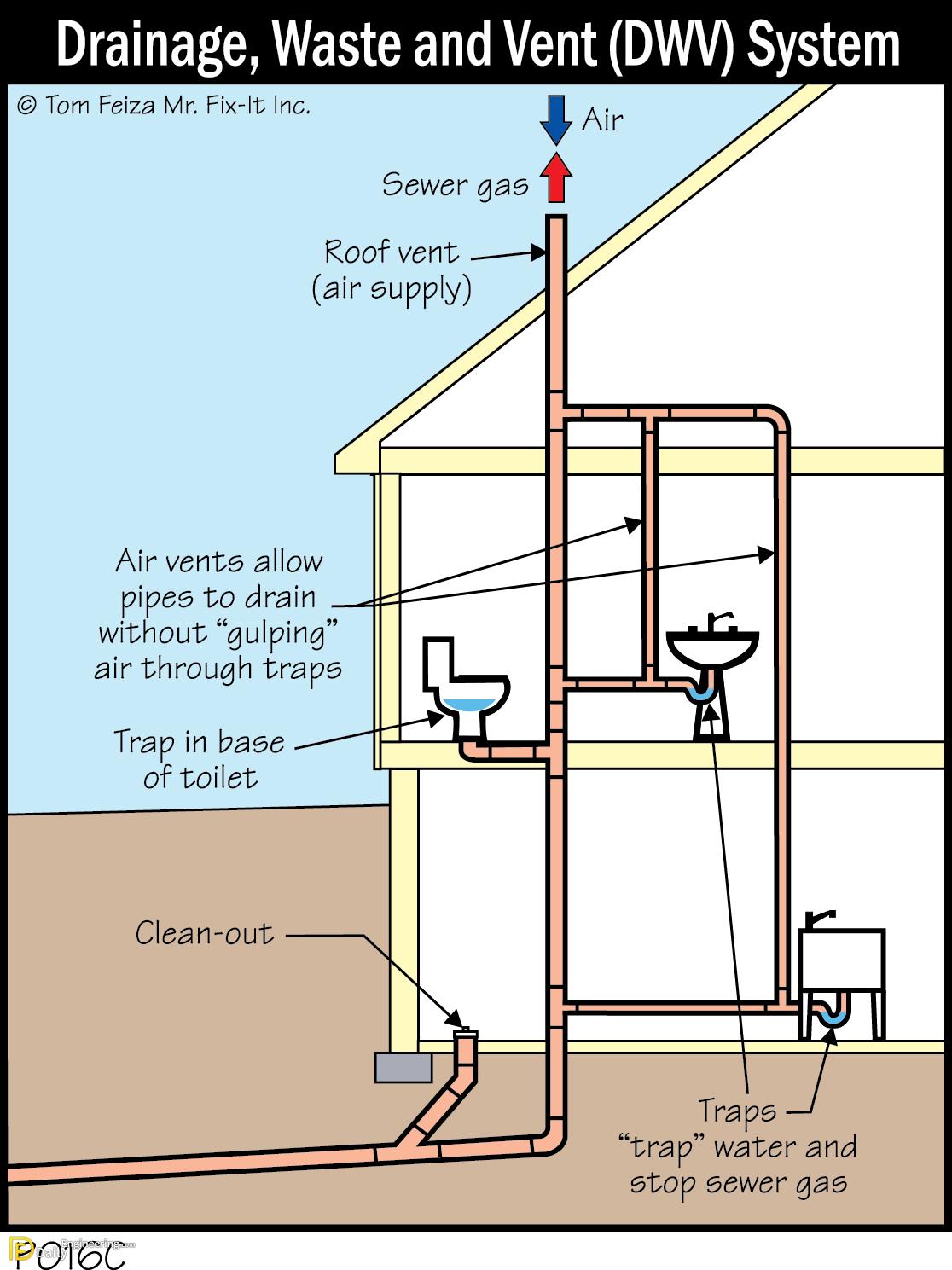

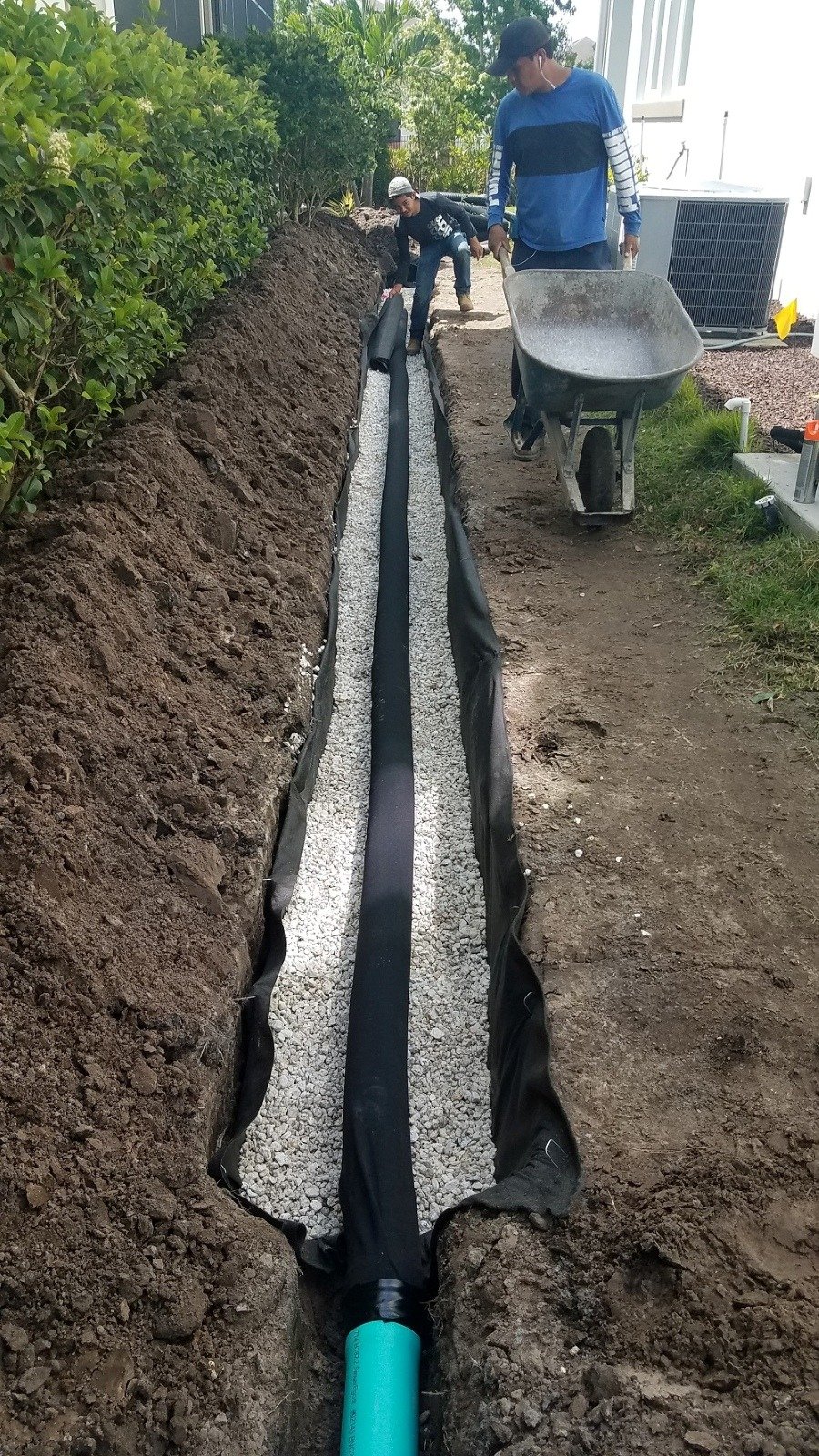
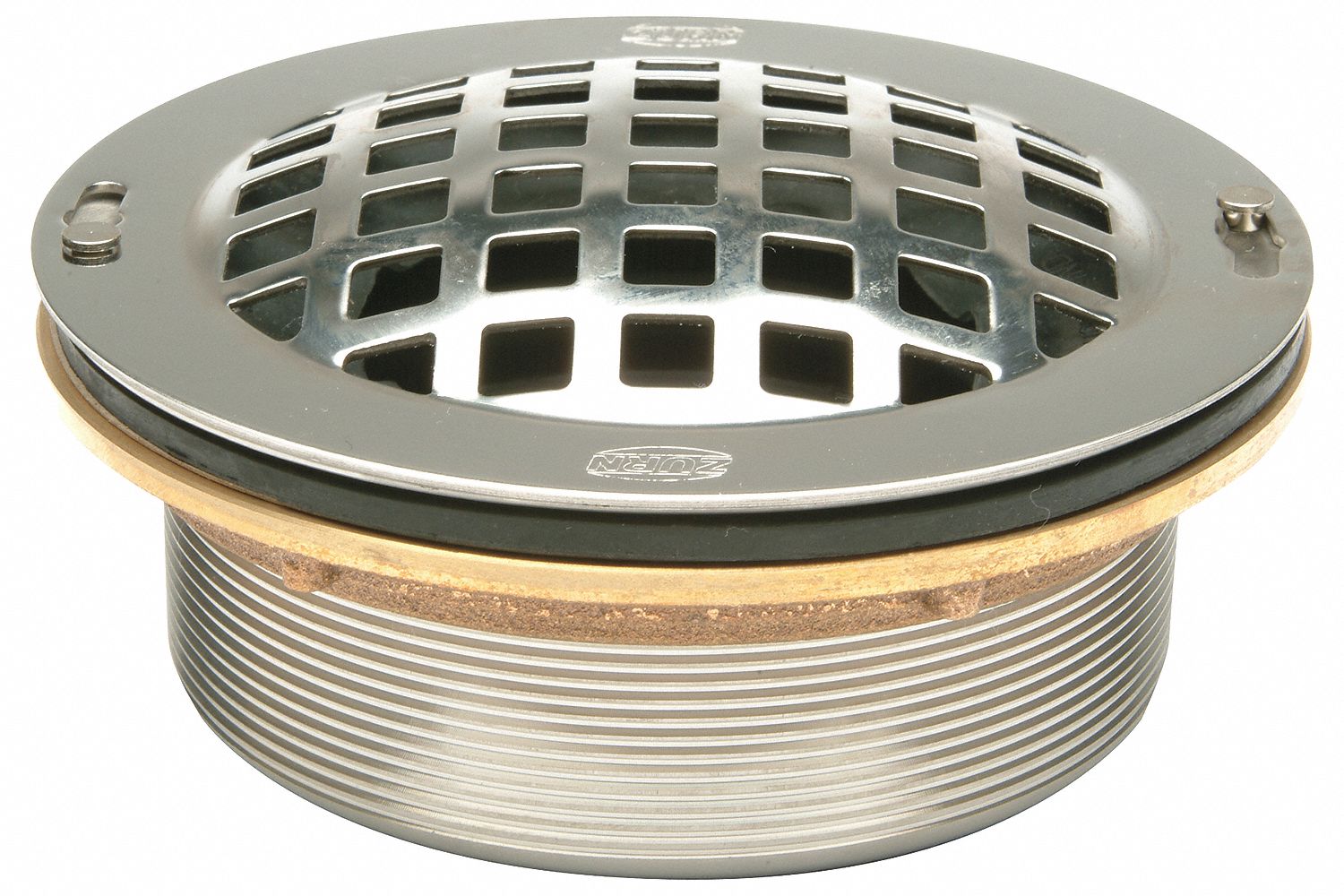
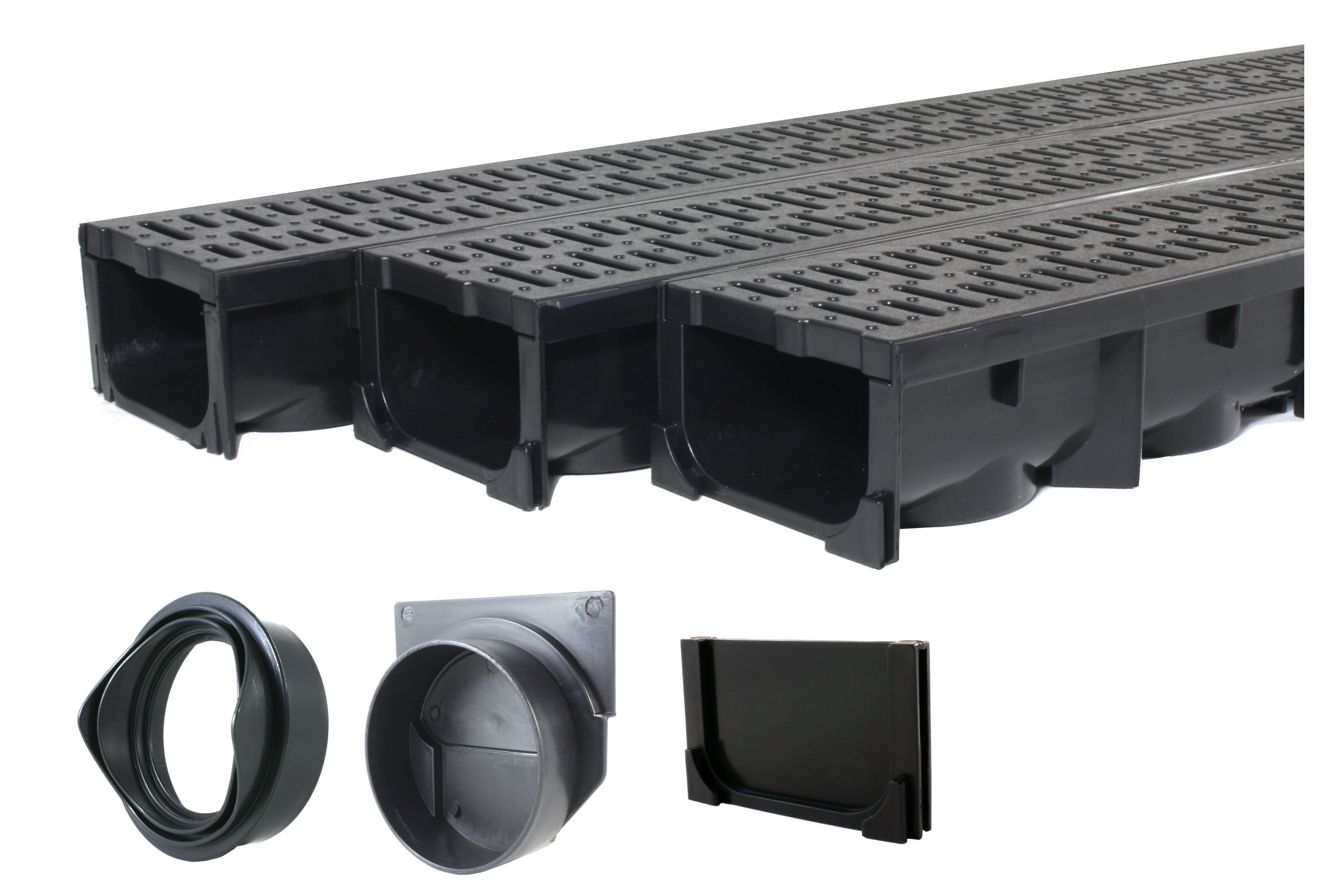
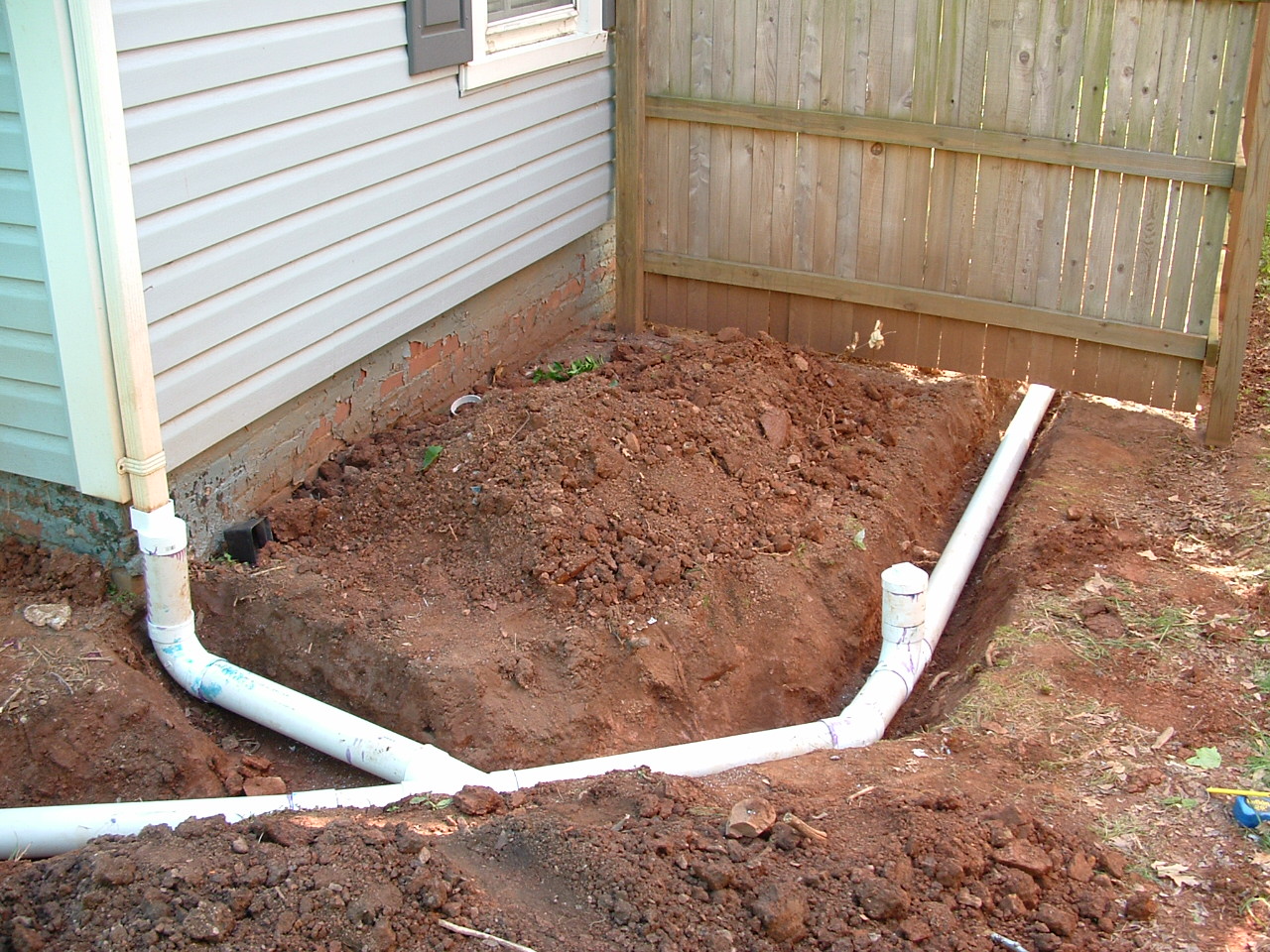
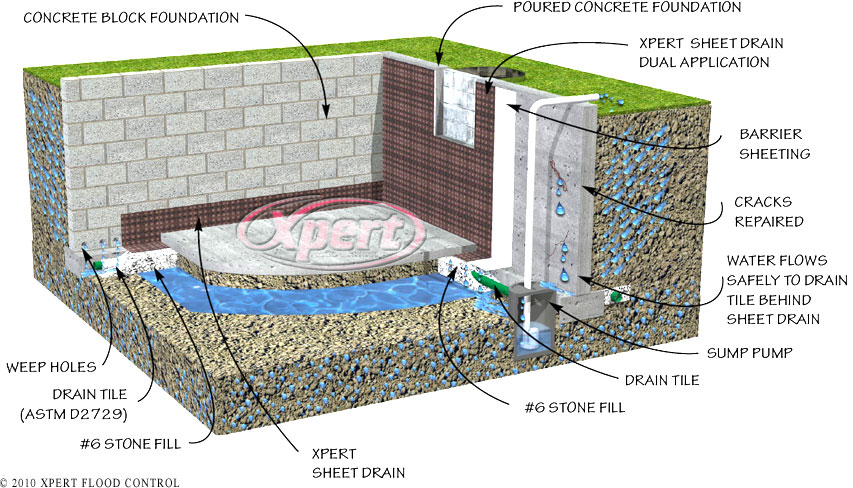
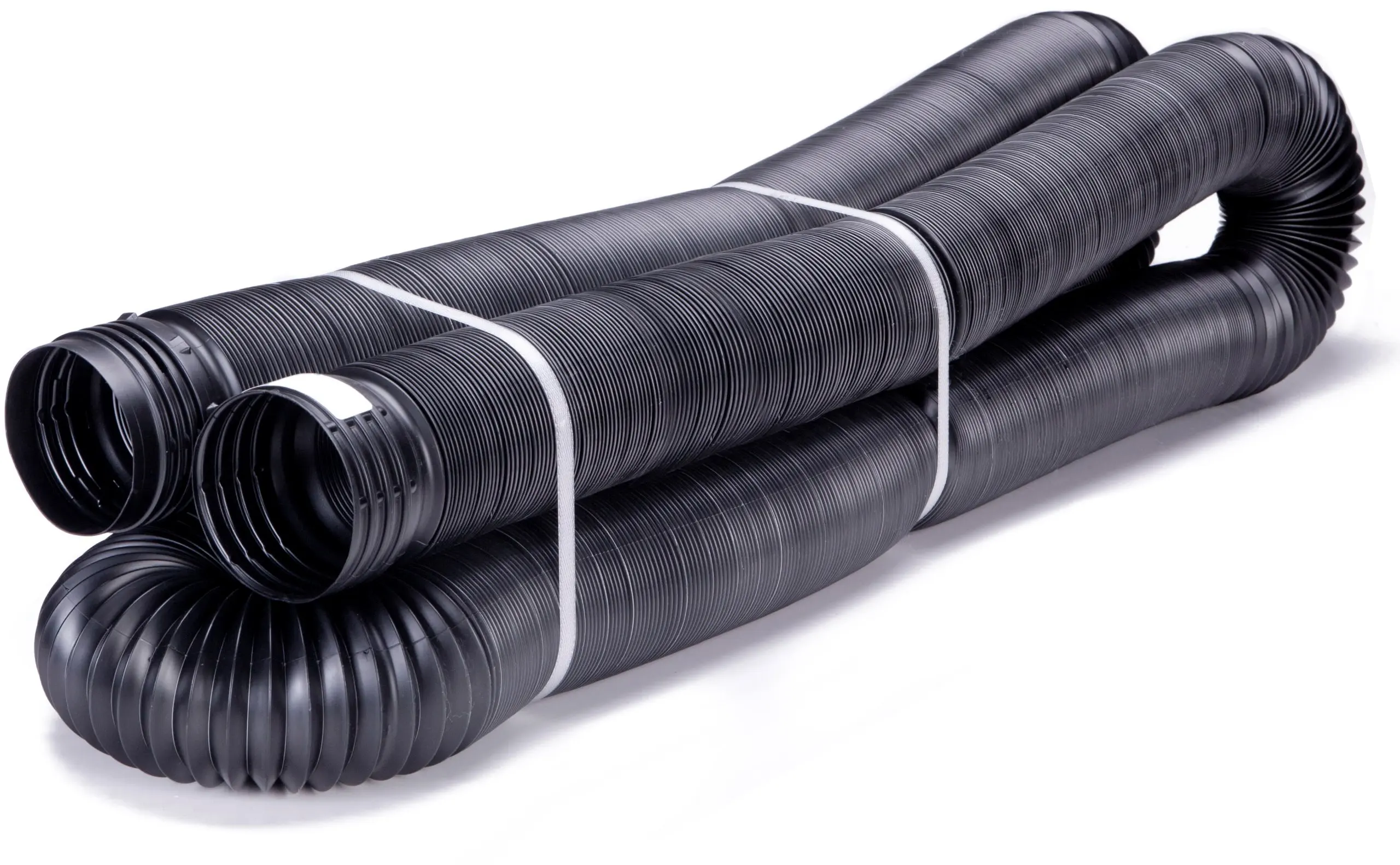
:max_bytes(150000):strip_icc()/how-to-install-a-sink-drain-2718789-hero-24e898006ed94c9593a2a268b57989a3.jpg)



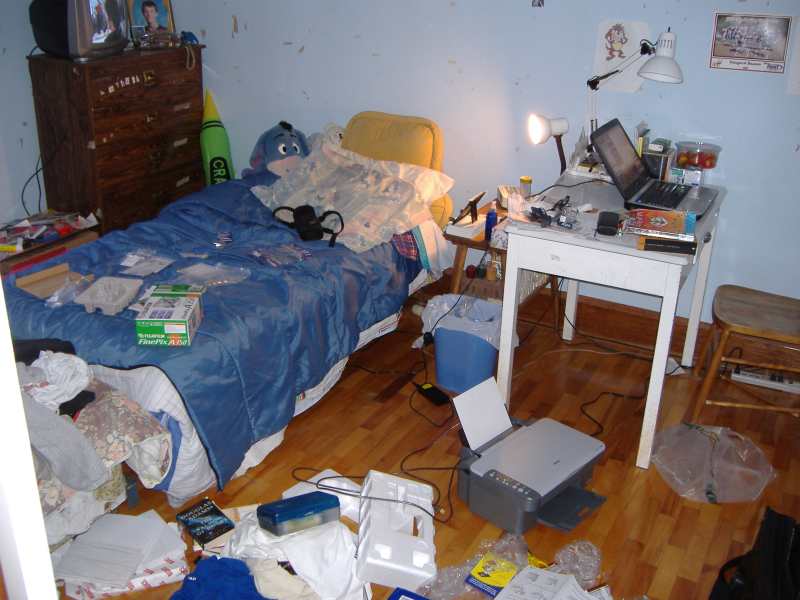




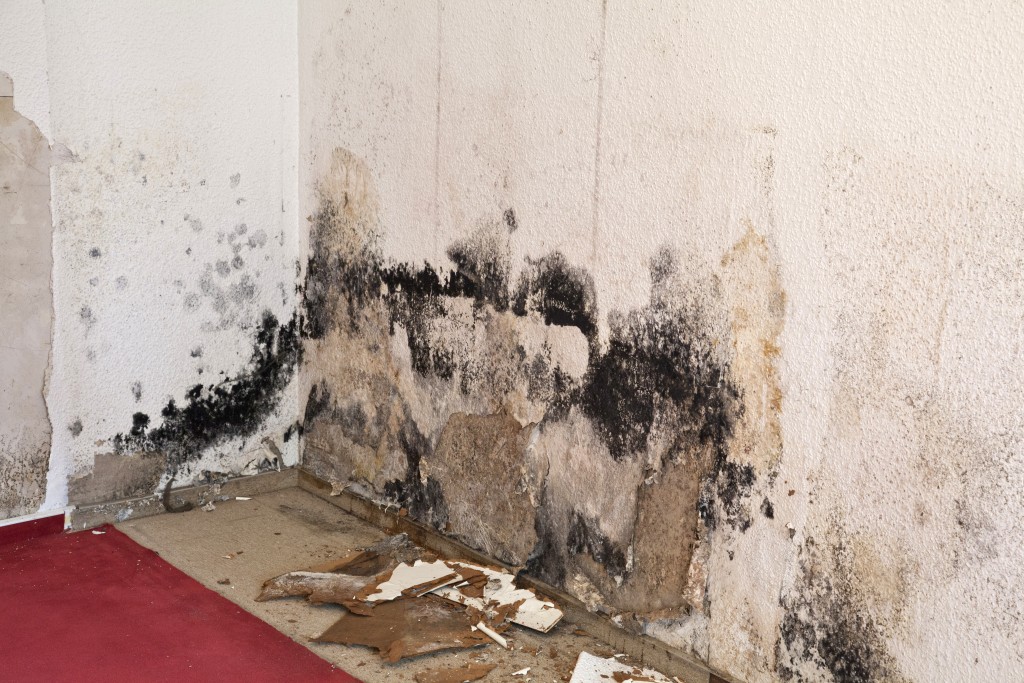

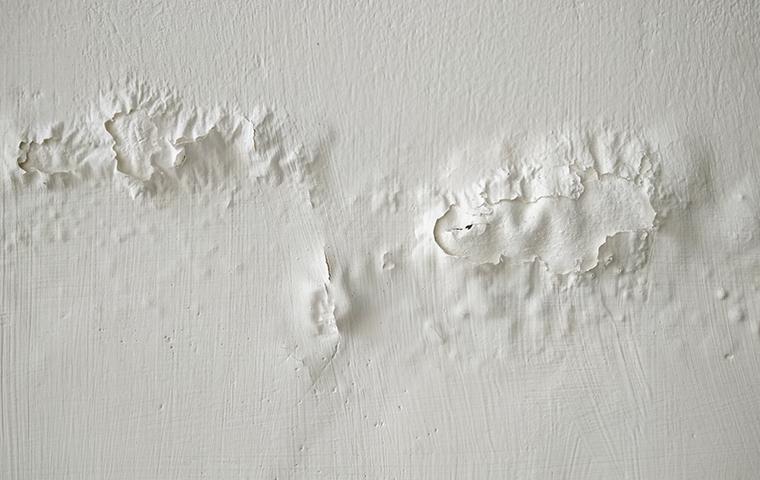












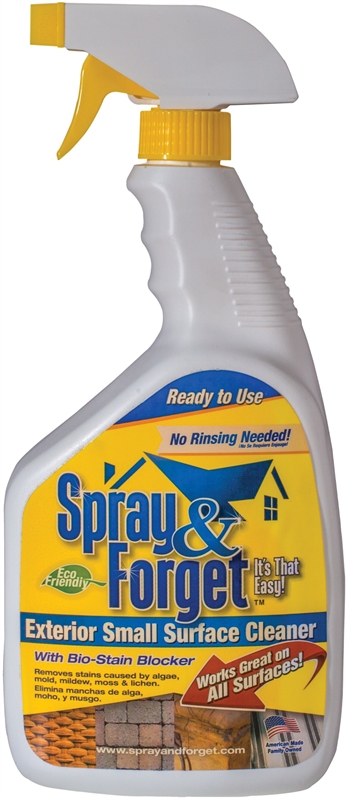

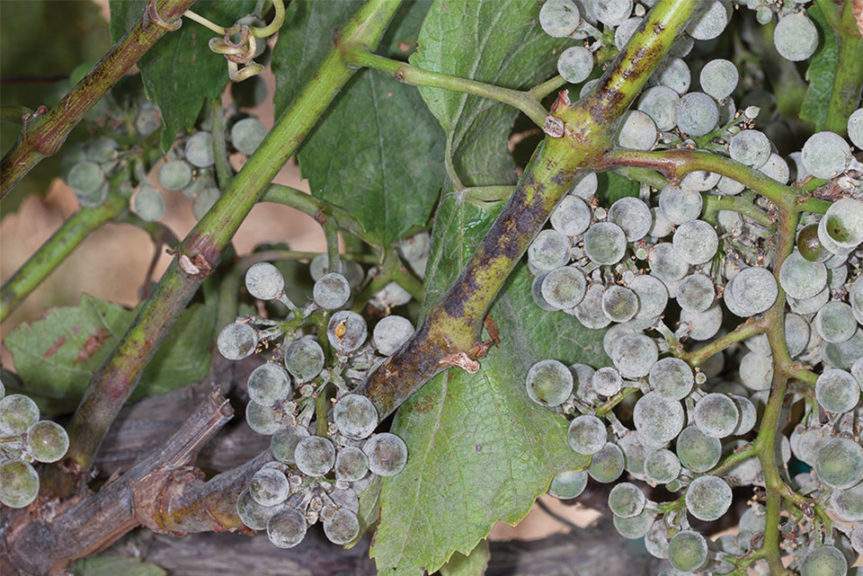




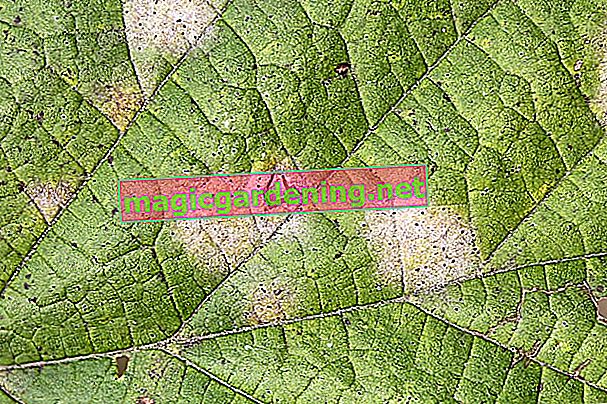






:max_bytes(150000):strip_icc()/Basic-types-of-plumbing-pipes-1822487_color-42e8122b504c4d2ea885907f6adc8739.jpg)














